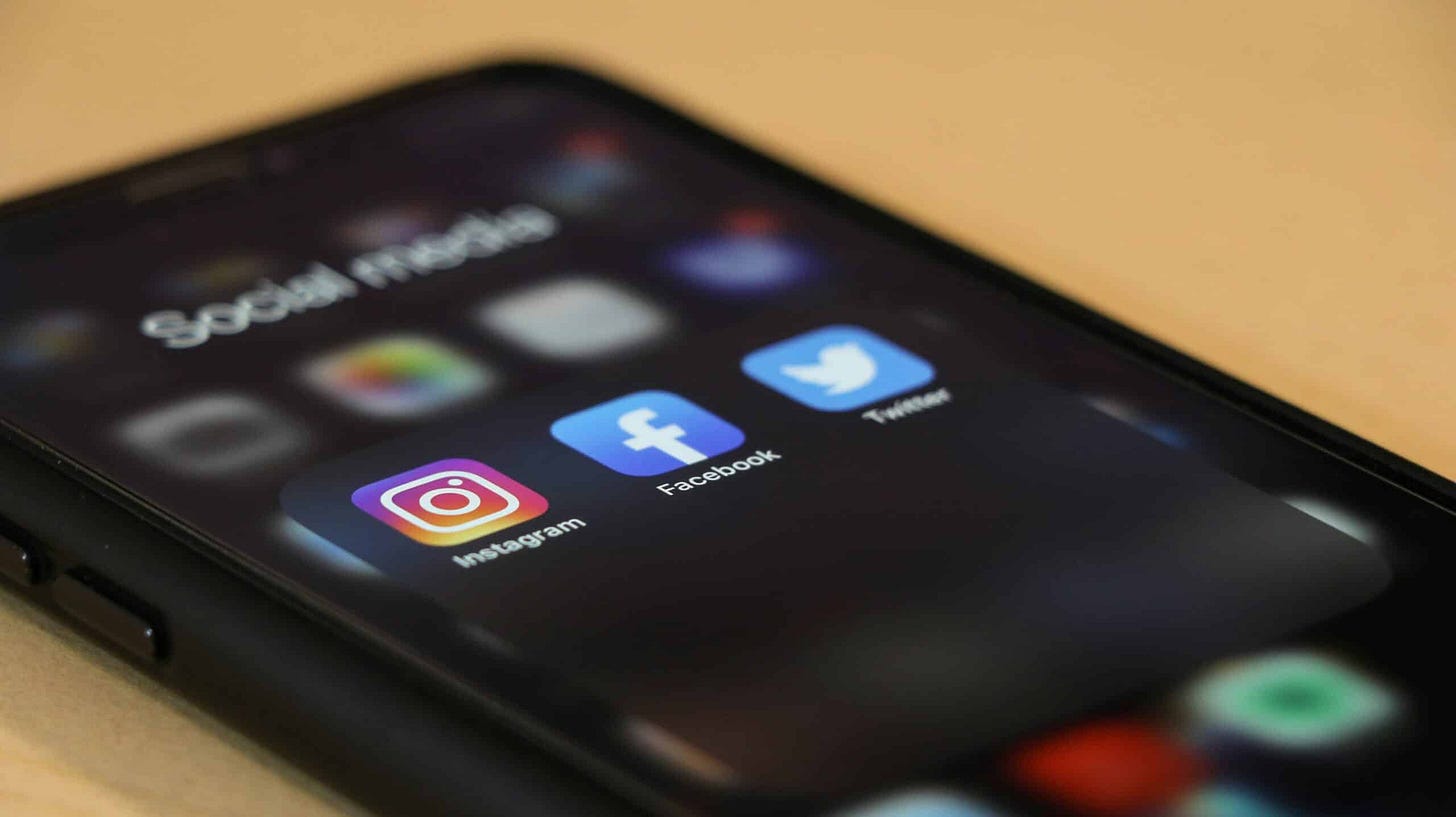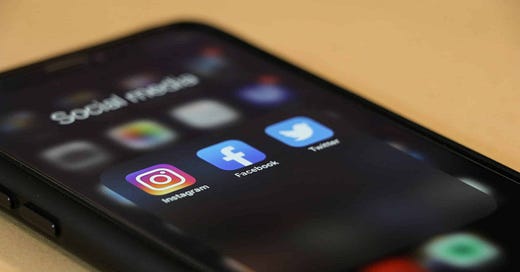You Do NOT Own Your Social Media Accounts Or Anything You Post on Them.

Photo by dole777 on Unsplash
If you’ve ever thought of your Social Media accounts as *yours*, think again. X (formerly Twitter) made it clear that you don’t own your accounts or anything you post to them.
Back on Nov 26th, for no apparent reason (and that's not sarcasm), X stepped into a bankruptcy case involving Inf*Wars, the controversial media outlet run by Al*x J*nes, both names I won't put here, but you get the idea. What’s surprising isn’t just the legal maneuvering—it’s what the case reveals about who controls what we post online and why that matters more than ever.
The Case That’s Stirring the Pot
Here’s the gist: The company is now bankrupt, and *The Onion*—yes, the satirical news outlet—was trying to buy its Twitter accounts as part of a bankruptcy auction. But X Corp. isn’t having it.
In a legal filing, their lawyers argued that X has "superior ownership" of all accounts on its platform. In other words, they claim Twitter accounts can’t be sold because, technically, they don’t belong to you, or anyone else, for that matter.
This might sound like standard corporate legalese, but it’s not. Social media accounts are routinely transferred in bankruptcy cases without much fuss. When companies like VICE or other media outlets get sold, their social media accounts usually go to the new owners. It’s just part of the deal.
In fact, as the lawyers themselves noted, “Few bankruptcy courts have addressed the issue of ownership of social media accounts, and those courts that have were focused on whether an individual or the individual’s employer owned an account used for business purposes—not whether the social media company had a superior right of ownership over either the individual or the corporation.”
But here, X has decided to step in, raising eyebrows and questions.
Why the Drama?
The decision to intervene is unusual—and political. X's CEO has a history with Jones, including unbanning him on Twitter and even joining him on Twitter Spaces broadcasts.
What’s the motive? It’s hard to say, but the timing and tone suggest more than just legal concerns. It looks like M*sk is using his platform to champion specific figures and causes—friends and allies—while stifling others.
For X’s part, the lawyers made their stance clear: “X CORP. OWNS THE X ACCOUNTS.”
You Don’t Own Your Account
Here’s the kicker: according to X, you never owned your account in the first place. Social media platforms grant users a “license” to use their accounts, but the companies themselves own the actual accounts and content.
This isn’t unique to X. Platforms like Meta (Facebook, Instagram, Threads), Google (YouTube), and even LinkedIn operate similarly. They let us fill their platforms with content—often for free—while maintaining control over how that content is used or monetized. If they decide to pull the plug on your account, tweak an algorithm, or slap new restrictions on your posts, there’s not much you can do about it.
As the filing points out, “Looming over the framework [in the Vital Pharm case] was the undeniable reality that social media companies, like X Corp., are the only parties that have truly exclusive control over users’ accounts.”
What Does This Mean for You?
The implications here are bigger than just one bankruptcy case. This is a wake-up call about our lack of control over our online identities. We live in an age where our social media accounts are integral to how we connect, communicate, and even do business. But as this case shows, our grip on those accounts is tenuous at best.
We must start thinking differently if we want to reclaim control over our online lives. That might mean moving toward decentralized social media platforms that a single corporation doesn’t own. Or, it could mean going old-school: building and owning personal websites where *you* set the rules.
Because, as X’s lawyers put it, “social media companies… are the only parties that have truly exclusive control over users’ accounts.”
The Bigger Picture
Ultimately, this isn't just about this case. It’s about all of us and how much control we’re willing to give up in exchange for the convenience of using these platforms. Social media giants have built empires on the backs of free content created by users, only to yank the rug out from under those users whenever it suits their business interests.
“For human beings to seize any sort of control over their online lives, we must move toward decentralized, portable forms of social media and must move back toward creating and owning our own platforms and websites.”
The question is, how long are we okay with letting someone else own the keys to our digital lives?
So, the next time you log into X, Facebook, or any other platform, remember: it’s not really *your* account. It’s theirs. And the rules can change at any time. Maybe it’s time to start thinking about how to take that power back.
What do you think? Would you ever ditch traditional social media for something more user-controlled? Support my work and let me know in the forums!
Thank you so much for reading this blog post! You can keep up to date with my latest posts right here on KevinTheTechGuy.ca, or via the RSS feed. You can also check out my FREE newsletter. Please consider supporting my work directly, or using Buy Me a Coffee! Your support makes my work possible.



